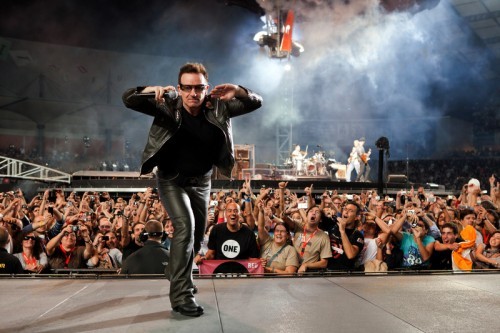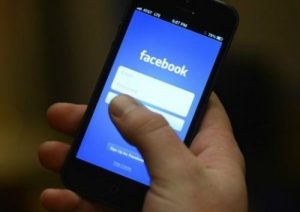During the January 24th Senate Judiciary hearing, top executives at Live Nation Entertainment got an earful from members aiming to protect the American public from the “bullying” tactics of monopolies.
Live Nation, the world’s largest concert promotion company, and Ticketmaster, a huge ticket sales company, merged in 2010. Most recently, the organization is under fire for actions that potentially violate their Justice Department agreement—an agreement which was set back when they merged and intended to protect markets and not create a total monopoly on ticket sales.
How did we get here?
Last November Taylor Swift announced an upcoming tour. In an effort to weed out bots and sell tickets directly to fans, Ticketmaster began a series of presales. At that time, 3.5 million people registered for the Verified Fan program but less than half of them were given access to the sale.
Tickets then were resold on different platforms, costing much more than original value. According to the New York Times, fans complained of technical difficulties, extremely long wait times and the failure to secure tickets despite being verified and registered with the new program.
During the Senate hearing on January 24, Joe Berchtold, a top Ticketmaster executive, attributed the mess following the Swift sale to a bot infiltration of their servers which means tickets were scalped and sold on different sites for a much higher price.
Competitors say Live Nation’s ownership of hundreds of venues nationwide, paired with Ticketmaster’s control of sales, give it an unfair advantage and dominance in the market. With Republicans and Democrats united, the New York Times speculated that “the near-unanimous criticism from lawmakers … may put pressure on the Justice Department to act.”
Live Nation and Ticketmaster aren’t the only huge companies under the magnifying glass.
Other massive companies may be in violation of antitrust laws, meaning their business practices “unreasonably deprive consumers of the benefits of competition.” As these companies take over the markets, they’re able to drive up prices, forcing out smaller competitors and locking in consumers no matter what they choose to do.
The Justice Department and eight states sued Google, saying it’s been illegally abusing its power as a monopoly in online advertising. This is the fifth antitrust lawsuit filed by the Department of Justice against Google since 2020, the New York Times reported. In Europe, Google, Amazon and Apple have faced antitrust lawsuits, too.
In 2021, the House of Representatives proposed multiple pieces of legislation that target big tech’s hold on the market. One of which suggested that Google splits in half. A year later, other companies have jumped on board, supporting the legislation that would “rein in” some of the biggest tech companies.
- Read more about the bills introduced here
Following the Live Nation “meltdown” last November, Senators Richard Blumenthal of Connecticut, Amy Klobuchar of Minnesota and Edward Markey of Massachusetts proposed a reversal of the Live Nation and Ticketmaster merger. If an investigation proves that the company has abused its dominant market position, they should disband, they wrote to the DOJ.
There is past precedence to split up large companies
This idea isn’t entirely new. In 1984 AT&T was officially forced to split into seven “Baby Bells,” which in turn, drove market competition and lowered prices. Now, the leading telecommunications providers are known as “The Big Four,” including AT&T, Verizon, Sprint and T-Mobile. Steel in the air, a company involved in telecommunications, put together a timeline of the split, merges and growth of the companies.
Similarly, the airline industry has a handful of major competitors also known as “The Big Four,” including Southwest, American, United and Delta airlines. Currently American Airlines and JetBlue Airways are going ahead with a partnership deal even though the government is attempting to dismantle the agreement for violating antitrust laws.
From tech to cell phones to concerts, antitrust violations may be popping up everywhere.
It raises some questions about the future of these industries and how the American public interacts with them.
What will the government decide to do about these massive corporations and their hold on the market? How will the companies themselves proceed with the implications of antitrust laws? What does this mean for the public?
While you’re at it, check out this related piece about Amazon’s 2017 purchase of Whole Foods written by The Reynolds Center. Reporter Arren Kimbel-Sannit spoke with market specialist Scott Gurvey about the merger and the potential for antitrust violations.
- Kimbel-Sannit’s article: What’s ahead for Amazon and Whole Foods
Gurvey explained that U.S. antitrust law is consumer-focused, where European antitrust laws are designed to protect companies from one another. Given the U.S. law focuses on consumers, social media has been a powerful tool for concerned consumers, especially in the Taylor Swift and Ticketmaster debacle.
Social media has created a space for grievances that may actually affect the companies. How has—or will—online culture affect the future of antitrust laws and monopolies in America?










